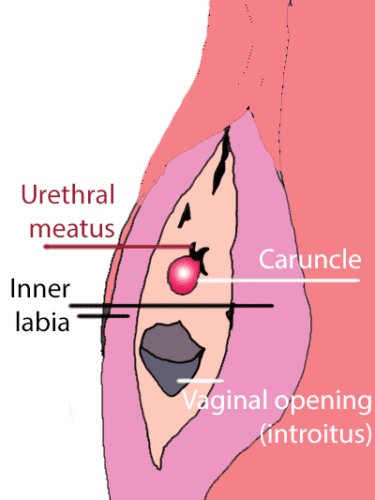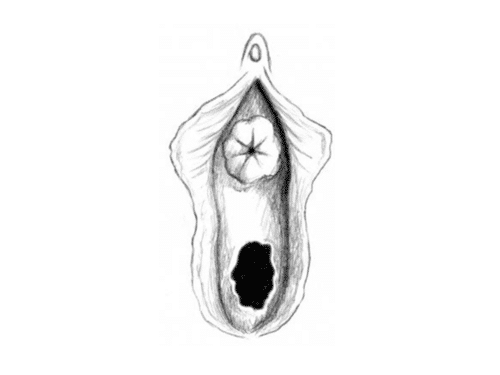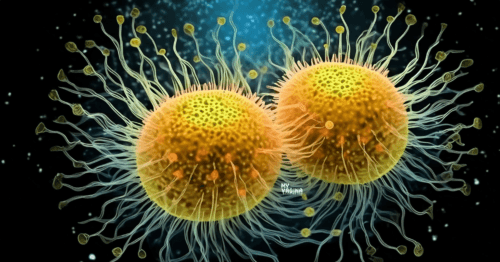Escherichia coli (E. coli) in urinary tract infections
We explain E. coli and how it works in urinary tract infections.
Vaginal and urethral Helicobacter pylori (H. pylori)
We look at research into the sexual transmission of Helicobacter pylori and how it could be a cause of bacterial vaginosis and urethritis in women. There are many modes of transmission, including breast to baby, and mouth to vagina.
Urethral diverticula
Diverticulum is a shift in the position of the urethra due to the periurethral (Skene's glands) enlargement, possibly due to infection or an anatomical abnormality that manifests later in life.
Urethral cancer
Urethral cancer is an uncommon form of cancer, with its own set of challenges in diagnosing and treating because of its rarity. Urethral cancer has been reported in women from age about 19 onwards, but is most common in elderly women.
Urethral caruncles
Urethral caruncles are pink or red sores on the edge of the urethral opening which may bleed or cause pain, most common in postmenopausal women, less common in premenopausal women, and sometimes in children. Caruncles are benign.
Lymphogranuloma venereum (the ‘other’ chlamydia)
Lymphogranuloma venereum is an STI related to chlamydia that causes sores and blisters, and can cause irreversible damage to the rectum and other tissue if left untreated.
Allergic contact dermatitis on the vulva
Contact dermatitis can cause itching, dryness, redness and soreness of the vulva - the inner or outer labia, or clitoris and clitoral hood. Vulvar contact dermatitis is caused by something that touches your vulva, like laundry detergent in underwear, toilet paper, or douches.
Urethritis
Urethritis simply means inflammation of the urethra, and has many causes, but the most common is a urinary tract infection. Classic symptoms include burning while you urinate, urgency and frequency.
Urethral prolapse
Urethral prolapse is an uncommon condition that is treatable in most cases, with very good outcomes. The urethra or part of the sleeve of the urethra protrudes out, causing discomfort and urinary issues.
Urethral pain syndrome: urine test negative, symptoms persist
Urethral syndrome is inflammation and irritation of the urethra, but without evidence of infection, with negative test results.
Managing a UTI or cystitis with D-Mannose
We discuss use of D-mannose to treat or manage urinary tract infections.
Gonorrhoea (Neisseria gonorrhoeae)
Gonorrhoea is a common STD that can cause vaginal symptoms like bad smells, unusual discharge, and irritation. You can also get gonorrhoea in your throat or anus.





